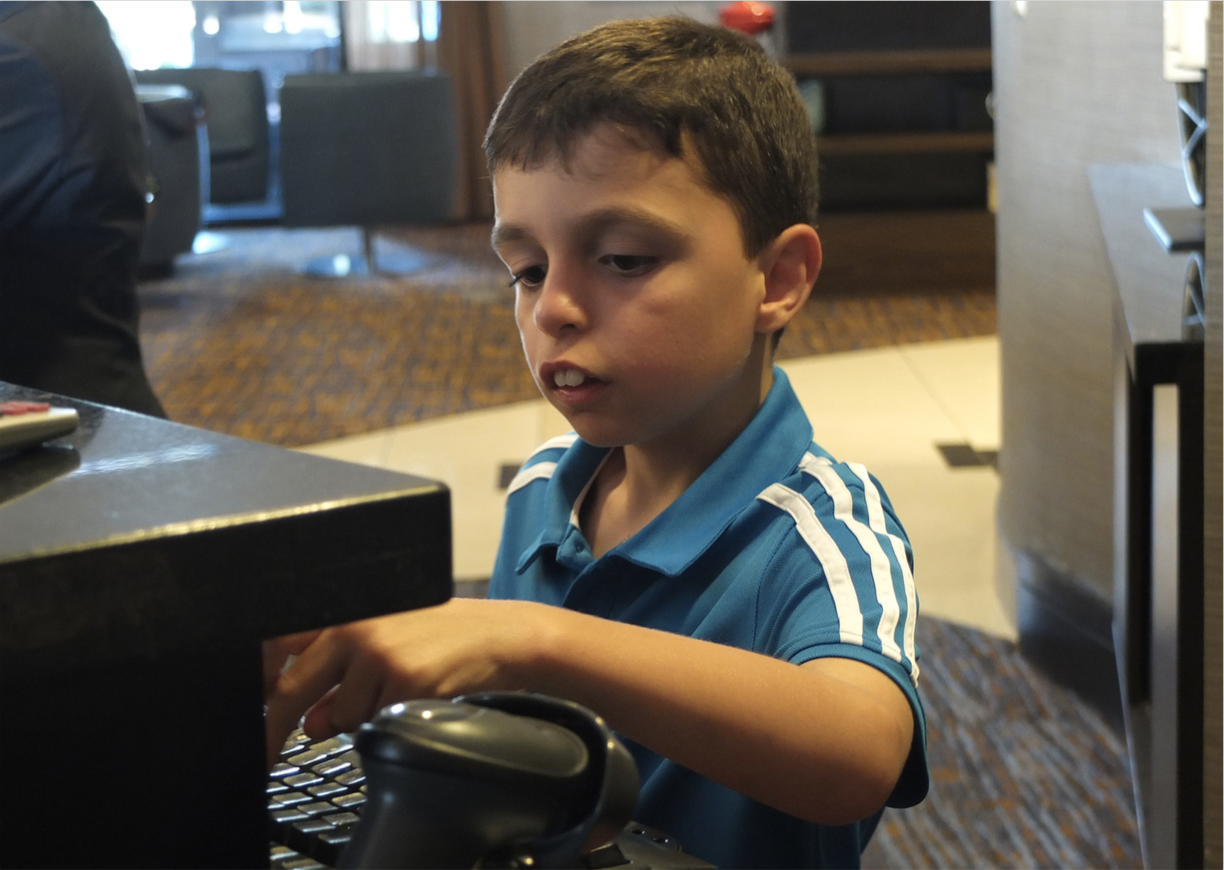Having a Son or Daughter with Jacobsen Syndrome/11q Deletion Syndrome: Perspectives of Parents
by Stephanie Meredith, Anthony Lobianco & Harold Kleinert
Jacobsen syndrome (JS) is a rare genetic condition that often causes intellectual disabilities and health issues and has recently been added to various cell-free DNA prenatal screening tests. This condition often includes multiple physical features, a blood disorder, serious congenital heart defects in about 56% of patients, and a range of intellectual disabilities (ID). Individuals may also experience mild to moderate impairment in expressive language, vision problems, digestive issues; and common infections of the upper respiratory system [Grossfeld, 2004]. However, because JS is relatively rare, psychosocial research has never been performed on this population. Correspondingly, a patient education resource about this condition has not yet been published that reflects “the medical and psychosocial implications of the diagnosis” identified as a priority in the ACMG guidelines when providing information to prospective parents learning about screening results.
Research on parents or prospective parents of children with Down syndrome, a similar genetic condition that also causes ID and some medical issues, indicates that parents want information about health issues, developmental delays, life expectancy, and other challenges, and they also want information about family and life outcomes, support services, psychosocial resilience, and photos depicting life with the condition [Levis, 2012; Sheets & Will, 2011]. Therefore, this research is critically important in demonstrating the psychosocial outcomes for families impacted by JS so that patient education materials at the moment of diagnosis can include the balance of information about common medical and developmental issues and also the psychosocial outcomes for families. This study seeks to answer some of the most commonly asked questions during prenatal and postnatal counseling sessions: What is life actually like for parents who have sons and daughters with JS? How many of them love their son or daughter with JS? In this largest study to date, parents from across the world respond. This information can provide a more complete picture of genetic conditions that are shaped not only by the karyotype and list of medical information but also the availability of services and supports, as well as family and community inclusion.
Download http://www.hdi.uky.edu//wp-content/uploads/2017/04/ResearchBrief_Winter2017_6.pdf
